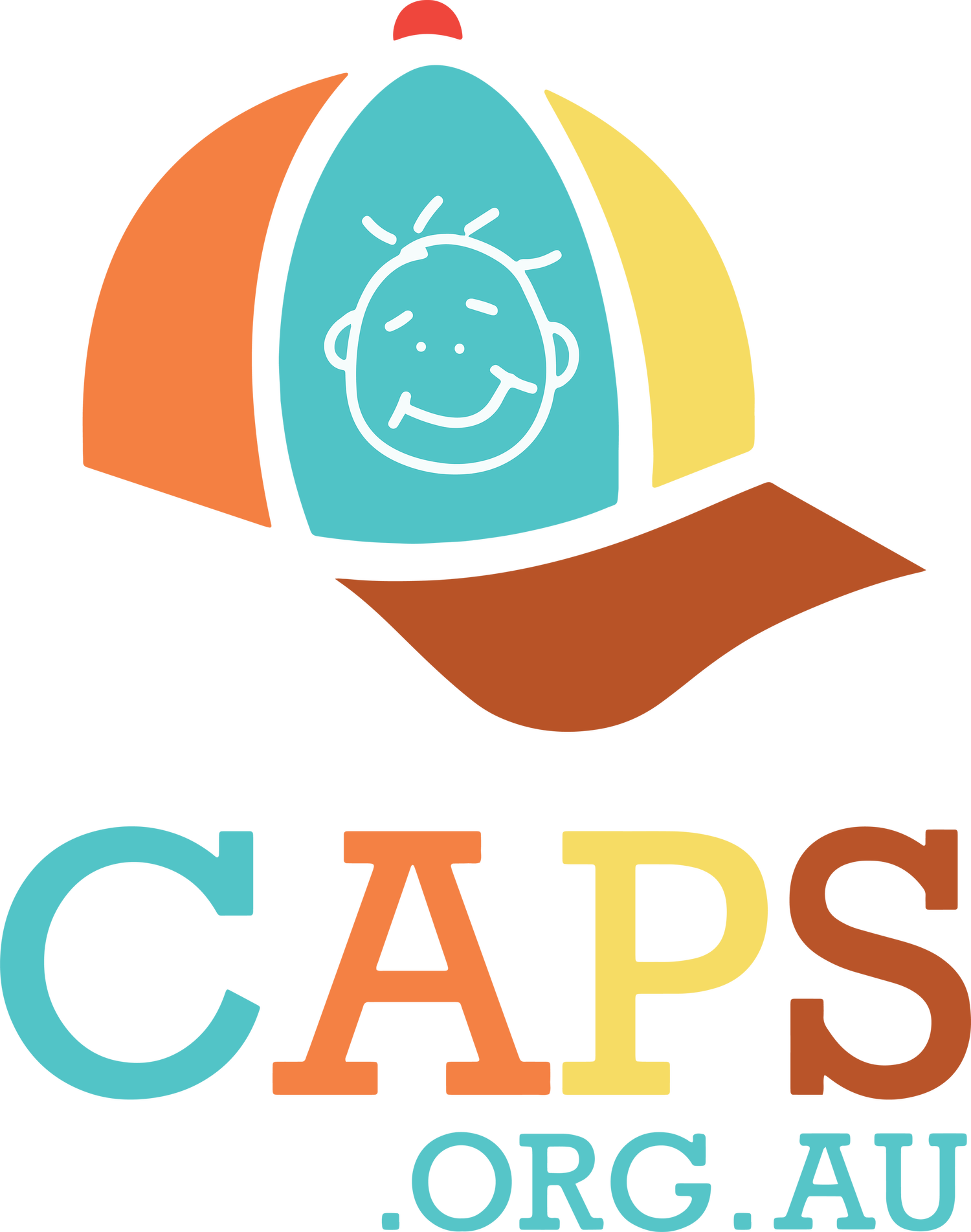Improving the Health and Wellbeing of Migrant Children
Article by CAPS social work student Trung Pham
According to Red Cross Australia, at the end of 2020 there were over 50,000 refugees living in Australia - more than half of whom were children and adolescents. Children arriving in Australia as refugees have to cope with mental and physical scars, like mental health disorders and chronic diseases due to the detachment associated with a country afflicted by war. Some children even arrive in Australia by themselves as unaccompanied minors, and have to adjust to a new country on their own.
It is never easy to leave everything behind in one life and to build a new one. In Australia, everything is different in terms of laws, languages, cultural expectations, and educational environments. Besides the existing traumatic experiences experienced in varied degrees, refugees face a range of documented problems including social exclusion, as well as barriers to gaining access to education and healthcare services.
Research into post-arrival young refugees has found that the prevalence of post-traumatic stress disorder, anxiety and depression is much higher with adolescents and children from humanitarian backgrounds in comparison with community norms. In a questionnaire conducted by the Australian Human Rights Commission with children in immigration detention, almost half of the unaccompanied children stated that they were depressed all the time and always felt hopeless.
So, how can we improve children’s health and wellbeing when settling into a new life in Australia?
During the resettlement process carers are often the sheet anchors for children when social supports are limited. Hence, it is important to look for ways to help parents, such as culturally sensitive parent-support programs, to empower them to be sources of comfort and strength for their children.
Here at CAPS, we offer several programs to help vulnerable parents connect with their children and strengthen their mental health. This includes Supporting Kids, a parenting webinar series created to teach parents and carers simple strategies to improve their children’s wellbeing. And Safe Arrival, a program which aims to reinforce healthy relationships and facilitate access to support services for refugee and migrant women and girls.
We must all do everything that we can to help recent arrivals and our work to ensure that our programs are culturally safe will always be one of our highest priorities at CAPS.


